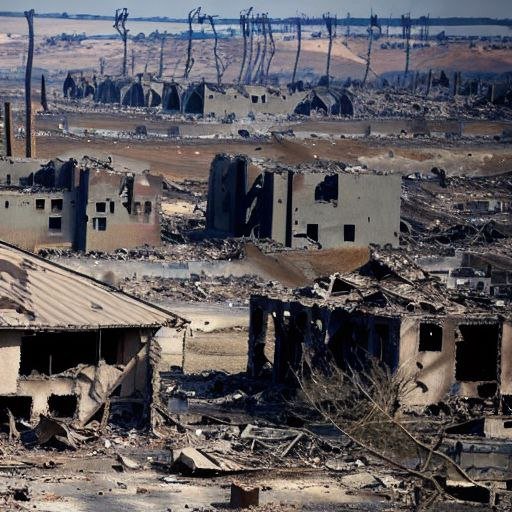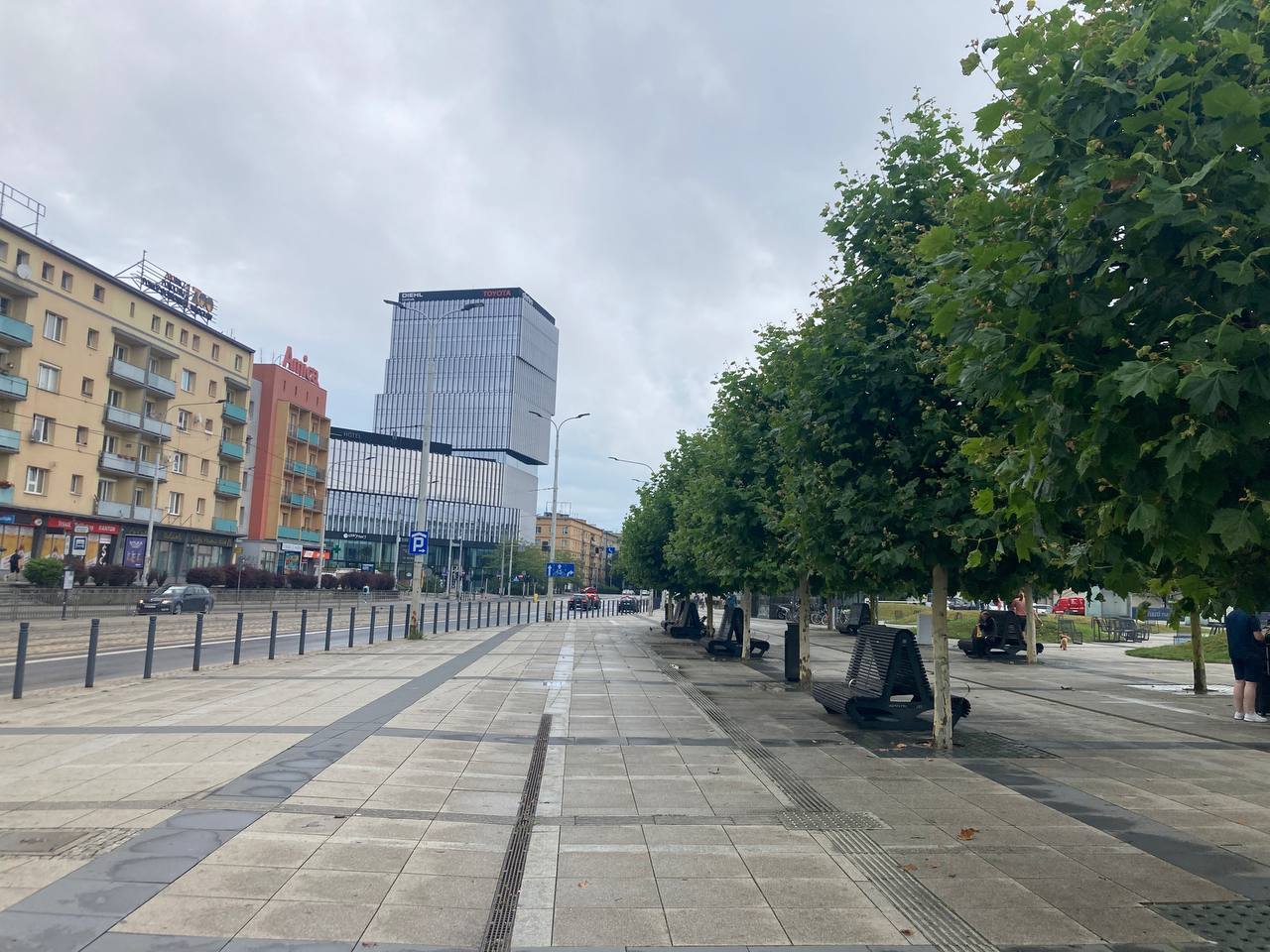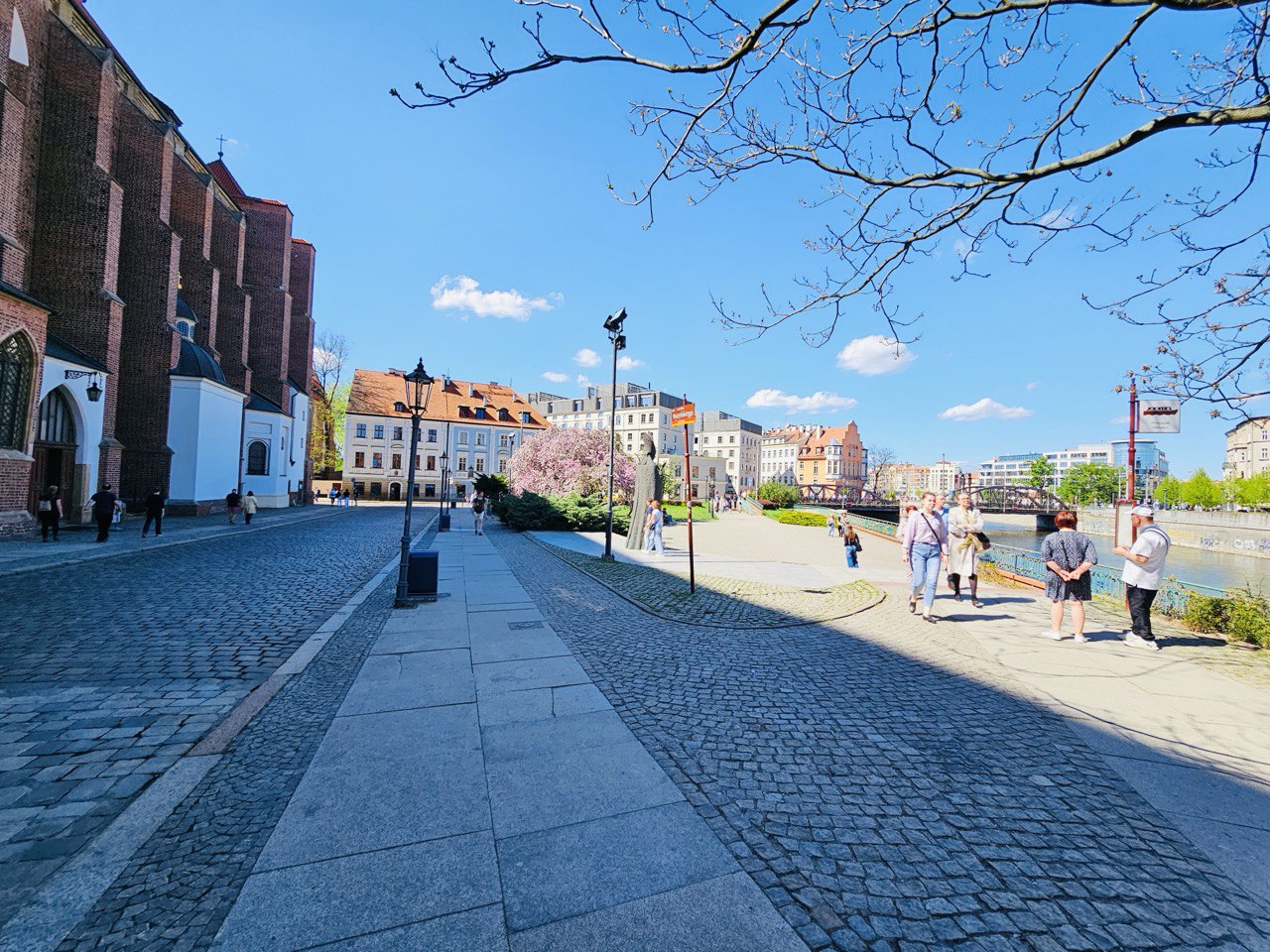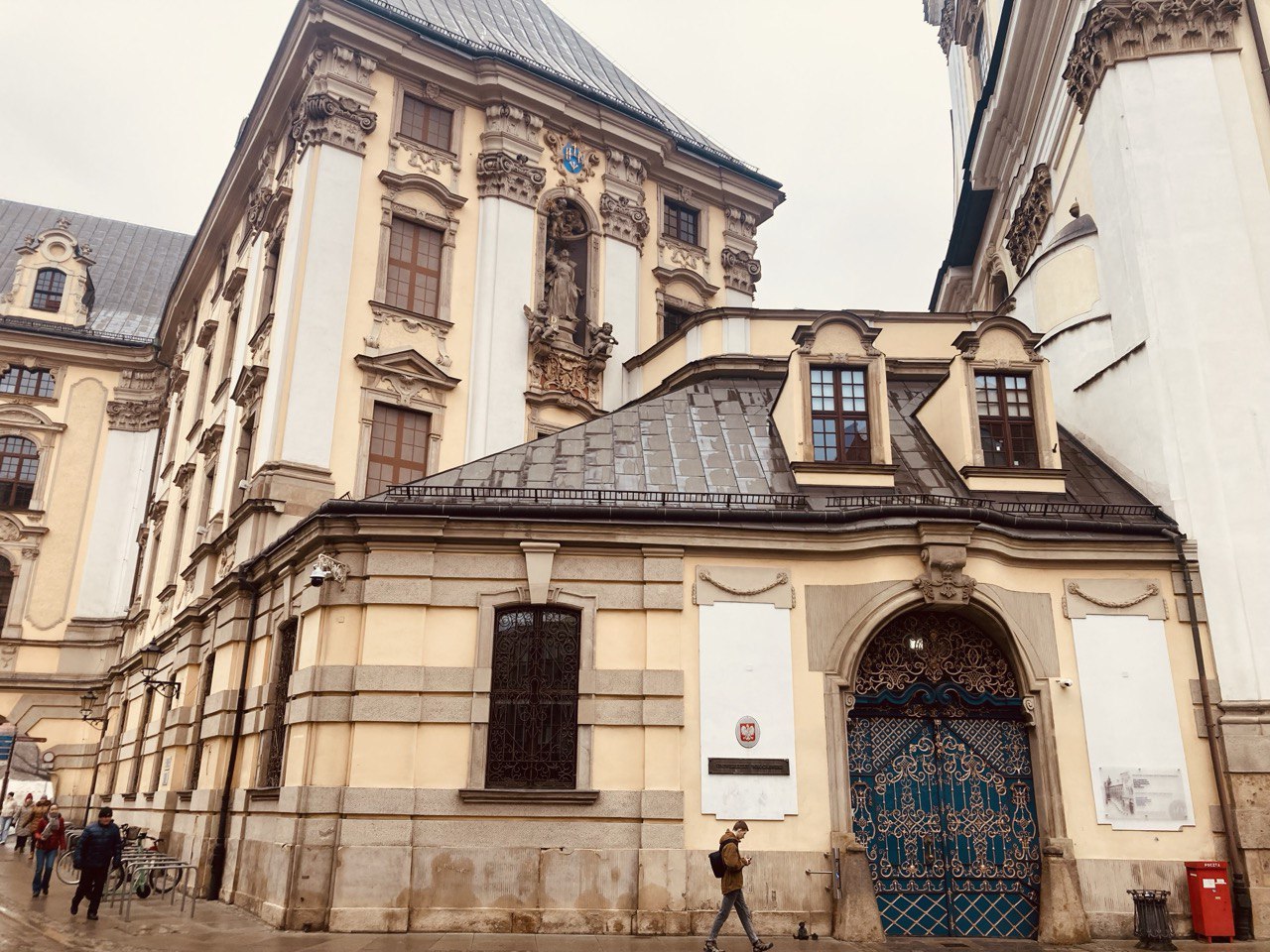The Complex Dynamics of War: Understanding its Roots, Perpetrators and Victims

War has been a constant feature of human history, and its impact on individuals and societies is immeasurable. While it is true that ordinary people do not want war, it is equally true that wars are often the result of complex social, economic and political factors that are beyond their control.
At the heart of most wars is a struggle for power and resources. This can take many forms, from the quest for territory, to control over valuable natural resources, to ideological or religious differences. In many cases, the interests of powerful individuals or groups can lead to the mobilization of entire nations to go to war, often against their will.
Conspiracy theories abound when it comes to the causes of war, and while it is true that some conflicts are the result of secret machinations by a small group of powerful individuals, it is more common for wars to be the result of a complex set of factors that include economic, social, and political considerations. The motives of those who start wars are often diverse and include the pursuit of power, glory, wealth, or prestige.
The beneficiaries of war are often the arms manufacturers, who stand to make huge profits from the sale of weapons and other military hardware. In addition, those who control the resources that are the focus of the conflict can benefit immensely from the spoils of war, such as oil or other valuable commodities.
Stopping wars is an immensely complex task that requires the cooperation of individuals, organizations, and governments from around the world. One of the keys to preventing wars is to address the underlying causes of conflict, such as poverty, inequality, and social injustice. In addition, it is essential to foster a culture of peace, respect for human rights, and the rule of law.
Ultimately, the victims of war are the ordinary people who are caught in the crossfire, who lose their homes, their loved ones, and their futures. To prevent such tragedies from occurring, it is essential to work towards building a more just and peaceful world, where the fundamental rights and dignity of all individuals are respected.
In conclusion, wars are a complex phenomenon that are often the result of a struggle for power and resources. While conspiracy theories abound, most wars are the result of a complex set of social, economic and political factors. The beneficiaries of war are often the arms manufacturers and those who control the resources that are the focus of the conflict. To stop wars, we must address the underlying causes of conflict and foster a culture of peace and respect for human rights. Ultimately, the victims of war are the ordinary people, and it is our responsibility to work towards building a more just and peaceful world where such tragedies do not occur










Comments